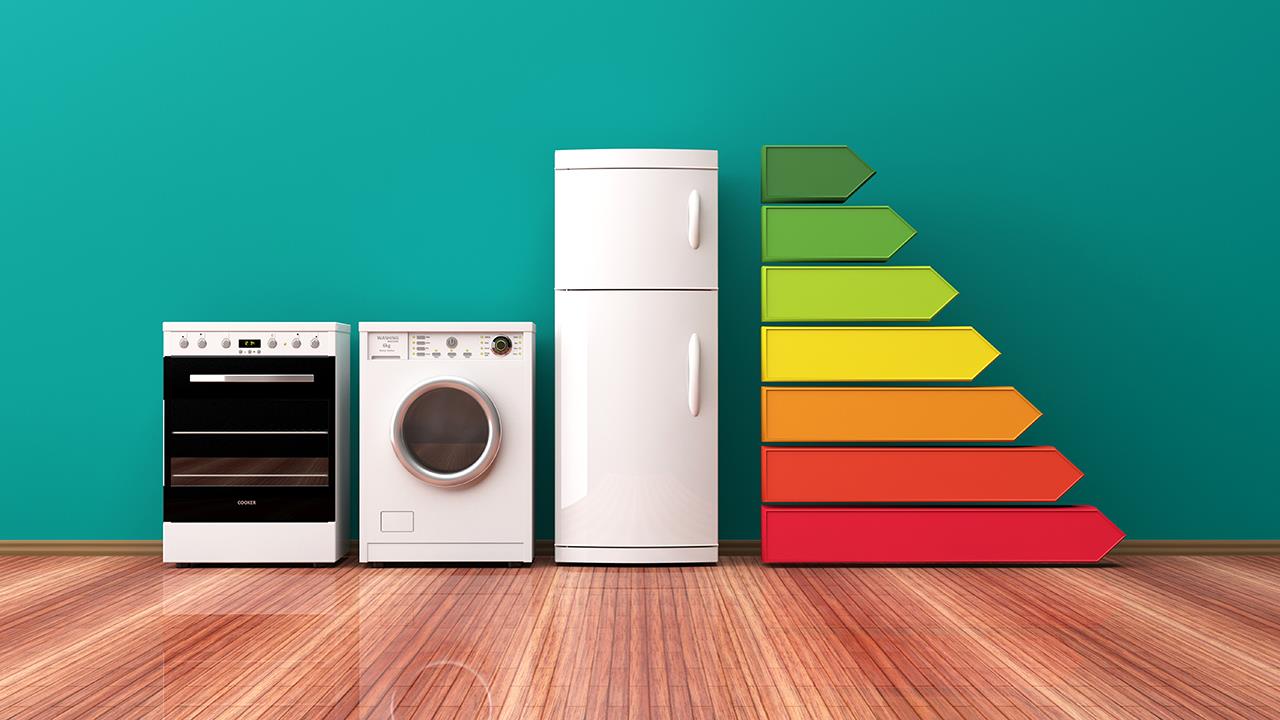

The government has revealed it is planning to set ambitious new standards for the energy efficiency of electrical and gas products, which it claims will see the UK overtake the EU's energy efficiency standard.
The Department for Business, Energy & Industrial Strategy (BEIS) is working with businesses to set new climate-friendly standards for electrical appliances, to drive down household carbon emissions and cut people’s energy bills after the end of the EU membership transition period.
After January 2021, the UK will be able to set much bolder ambitions on energy standards than the current EU regulations allow for, BEIS says. Therefore it is calling on households and businesses for their views on how best to set new standards for electrical and gas products like cookers, light bulbs, and heaters so they use less energy and last longer.
Minister for Energy and Clean Growth, Kwasi Kwarteng, said: “After we exit the transition period, we will be able to go even further and faster than the EU to set energy efficiency rules on new appliances.
“Improving energy efficiency standards of the fridges, ovens and washing machines we all rely on will help save consumers money on their energy bills, while helping us meet our zero emissions target by 2050.”
The government’s consultation will explore the potential for setting requirements for smart appliances that can automatically adapt their energy usage in response to signals, such as the price of electricity, to save consumers money.
The call for evidence will also cover the five million ovens and hobs sold in the UK every year. Analysis shows that if the UK raised the minimum energy performance standards for ovens by one energy class, from A to A+, it could stop up to 300,000 tonnes of CO2 being released a year.
Other areas for improvement include energy labels, such as displaying the lifetime energy costs at the point of purchase. Changes could also include additional information such as the cost of running a product, its repairability, re-usability, recyclability, and durability - helping consumers make more informed choices.
Head of Home Products and Services at Which?, Natalie Hitchins, said: “The chance to update and adapt energy product labelling to better suit consumers and wider UK needs could lead to improved overall standards for energy efficiency, as well as more environmentally sound options.
“We support the government's ambition to meet or even exceed the current standards on sustainable design and better labelling, but these changes must make a positive and tangible difference for UK consumers.”
The call for evidence from the government can be accessed here.
If you'd like to keep up-to-date with the latest developments in the heating and plumbing industry, why not subscribe to our weekly newsletters? Just click the button below and you can ensure all the latest industry news and new product information lands in your inbox every week.